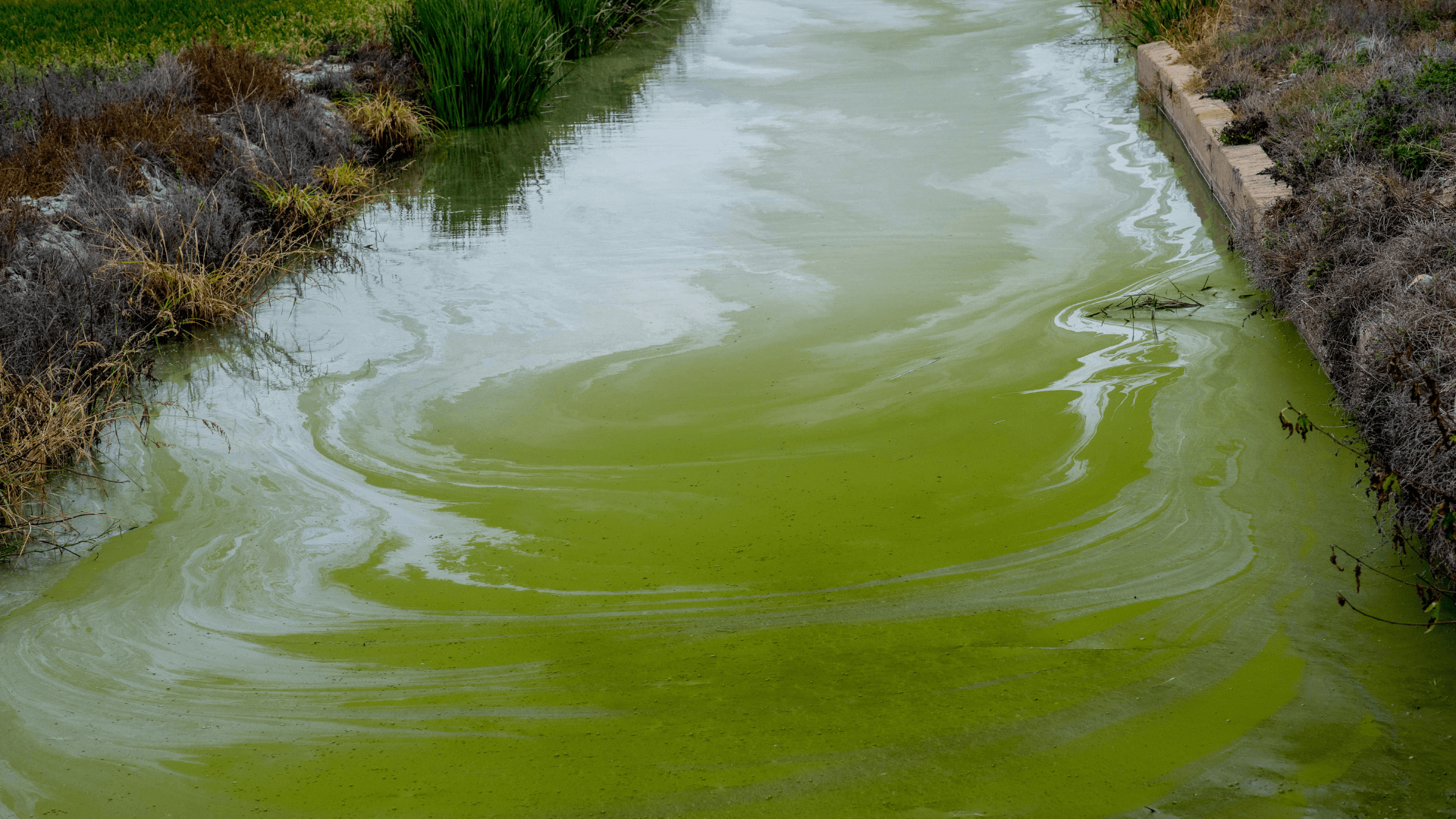MAY 21, 2025

The Polluter Pays Project is the only global initiative dedicated to tackling oil and gas decommissioning liabilities and challenging the fossil fuel industry’s long-standing habit of offloading cleanup costs onto taxpayers. Launched and expanded by Alex Doukas (Awardee 2024) through the Climate Breakthrough Award program, the initiative is at the forefront of a critical environmental and economic fight. It addresses a trillion-dollar global problem that endangers public finances, community health, and the integrity of our climate response.
The Challenge
The scale of the problem is staggering. Cleanup liabilities are ballooning from hundreds of billions to trillions of dollars globally as mature oil and gas assets approach the end of their life. While abandoned and leaking wells continue to spew methane and pollute local communities and ecosystems, the industry that created them walks away, leaving taxpayers with the cleanup bill.
The timing is critical. As climate policies advance and clean energy transitions accelerate, the financial strength of oil and gas companies may diminish, potentially leaving governments unable to force industry funding for cleanup. Meanwhile, these companies continue reporting record profits, channeling earnings into dividends and share buybacks while planning further expansion.
The Initiative
The Polluter Pays Project is positioning itself as a central strategic node to coordinate action across multiple geographies. By connecting previously isolated efforts and providing specialized expertise, the project aims to build a powerful global movement.
The initiative operates through several complementary approaches. On the legal front, it supports strategic interventions to hold companies accountable for their cleanup obligations. Simultaneously, the project engages with financial markets to highlight the investment risks associated with unfunded cleanup costs. By educating investors about these hidden liabilities, it aims to shift capital away from companies that don’t properly account for their environmental obligations.
Another key focus is policy reform. By working with governments to implement stronger regulations on decommissioning financing, the initiative seeks to ensure cleanup costs are factored into business decisions from the start rather than passed to taxpayers later. This approach could significantly change the economics of fossil fuel development.
Underpinning these efforts is strategic communication and coalition-building aimed at making decommissioning liabilities a prominent public issue. By elevating the conversation beyond specialized circles, they seek to build political will for meaningful change across diverse stakeholder groups.
The Vision
The Polluter Pays Project aims to make it standard practice for oil and gas companies to provide substantial financial security upfront for decommissioning costs. If successful, this could fundamentally shift the economics of fossil fuel production, making new projects less attractive. But the initiative goes beyond emissions reductions. It seeks to curb methane leaks from abandoned infrastructure, protect ecosystems, advance environmental justice for affected communities, and reduce the industry’s outsized political influence.
“Every child knows that they should clean up after themselves,” says Alex. With the energy transition accelerating, the initiative is seizing this critical moment to stop fossil fuel companies from offloading cleanup costs onto the public. They want to ensure these financial responsibilities stay where they belong: with the polluters.

